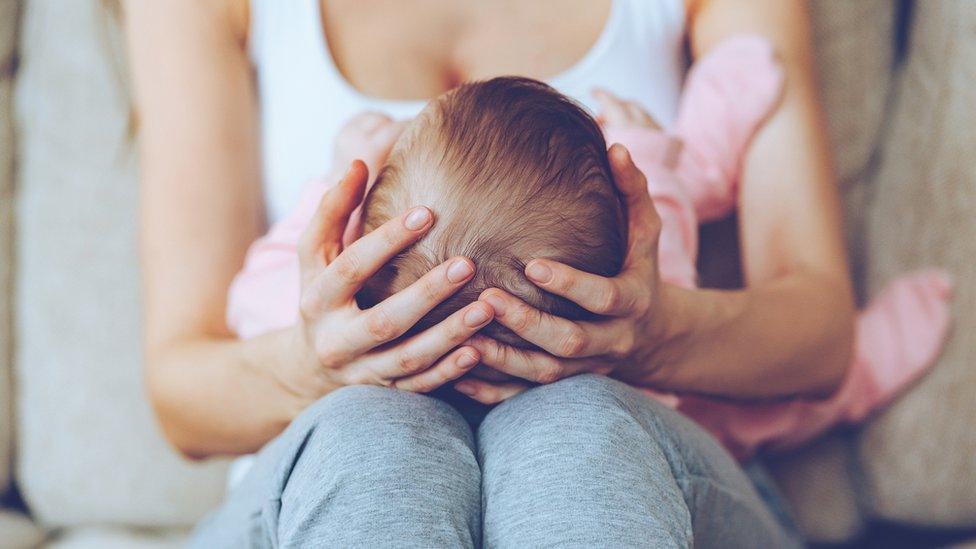Swansea midwives help Zimbabwean mums-to-be
- Published
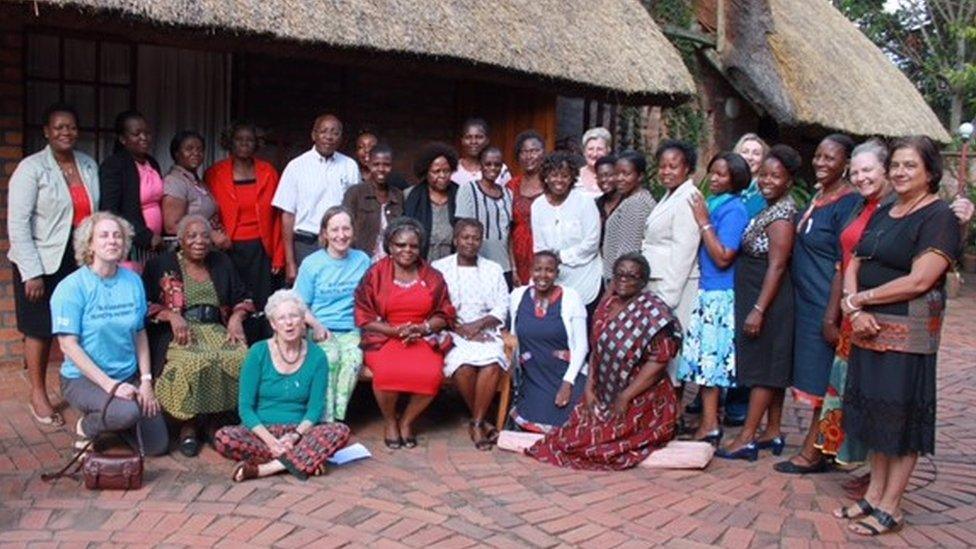
The team from Swansea gave advice to their counterparts in Zimbabwe
A team of Swansea midwives believe their trip to Zimbabwe has helped improve the experience of expectant mothers in the country.
The group from Singleton Hospital, led by an obstetrician, spent several weeks in the capital Harare, sharing their expertise at state-run hospitals.
An estimated 3,000 women die every year in the African country during childbirth.
About three in 10 births take place at home without medical help.
Access to maternity care in Zimbabwe is free in the state sector but the team said they spoke to women who did not want to go to hospital because of concerns about over-crowding and "regimented attitudes".
"The facilities in Zimbabwe are limited, certainly compared with what we enjoy in Wales, but that's not the main problem," said Dr Myriam Bonduelle, clinical lead in obstetrics and gynaecology at Singleton Hospital.
She said: "Speaking to mothers, we found that many are put off by a lack of respect and dignity shown towards them.
"Often maternity wards are overcrowded and understaffed, and in order to cope with the overwhelming staff-to-patient ratio some midwives have developed very regimented attitudes.
"Usually, mothers are denied support from a partner or family member during labour, and they're discouraged from walking around or changing position to ease their pain; all things which are common practice here."
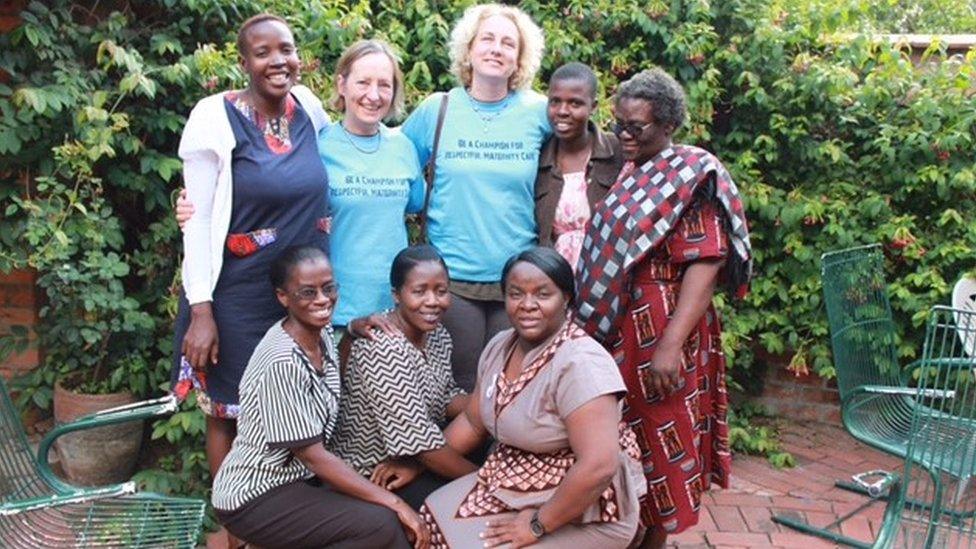
Midwives in Swansea said they saw a change of attitudes in Zimbabwean hospitals
Dr Bonduelle added: "By sharing our practices in Wales and discussing similar situations in Harare, we attempted to show that even though they felt as though their current approach was helping to manage a difficult and chaotic situation on the wards, in the long run it was actually making things more difficult, both for themselves and for the mothers.
"We had an extremely positive reaction and, what's more, we found that the staff who'd attended our workshops were noticing when others who hadn't weren't treating mothers with enough respect.
"From the group we worked with, the message quickly spread throughout the hospitals, and in a very short space of time we started to see a noticeable change in attitudes."
Funded by the Welsh Government, the project was carried out in conjunction with Hub Cymru Africa and the White Ribbon Alliance for Safe Motherhood.
The longer-term impact of their visit will now be monitored.
If it proves successful the team hopes to apply for further funding to extend their work throughout the rest of Zimbabwe, and more widely across Sub-Saharan Africa.
- Published25 February 2018
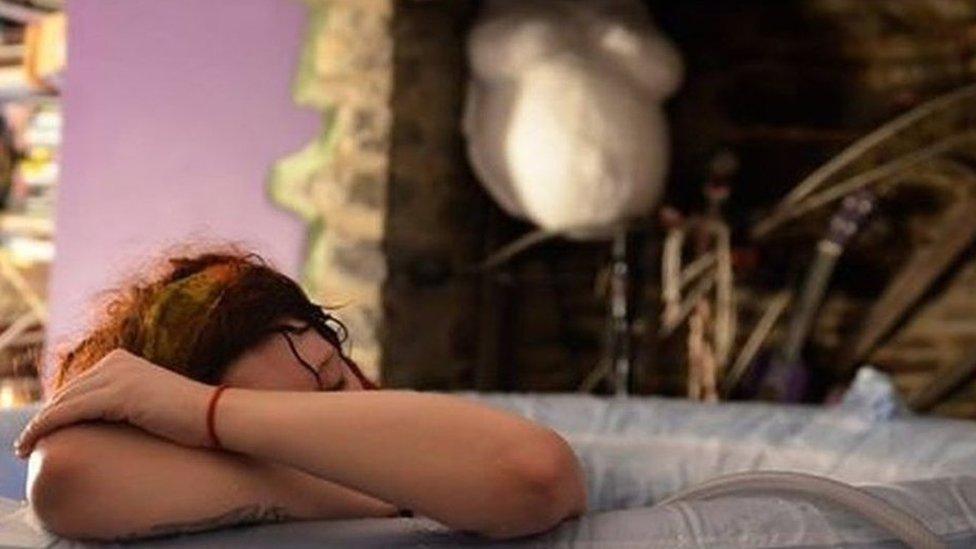
- Published25 February 2018
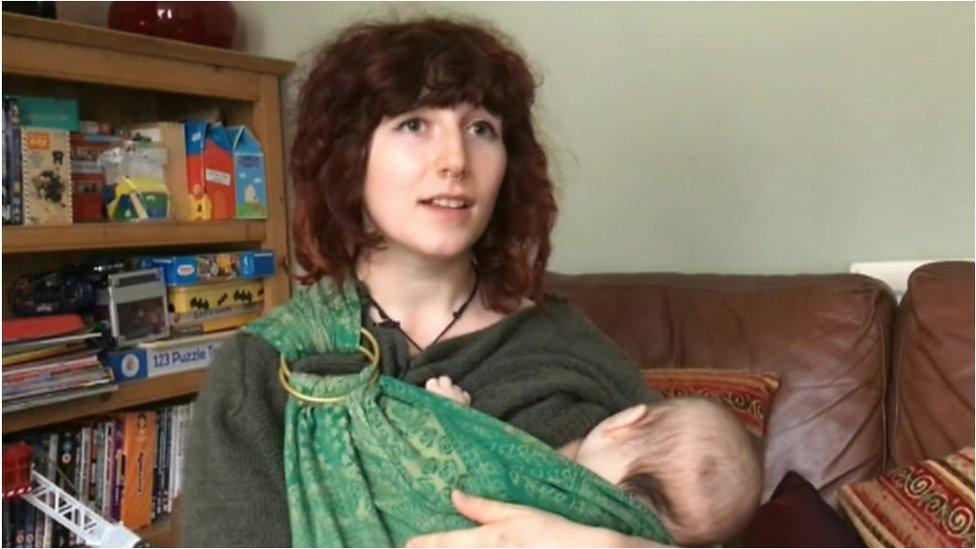
- Published4 August 2017
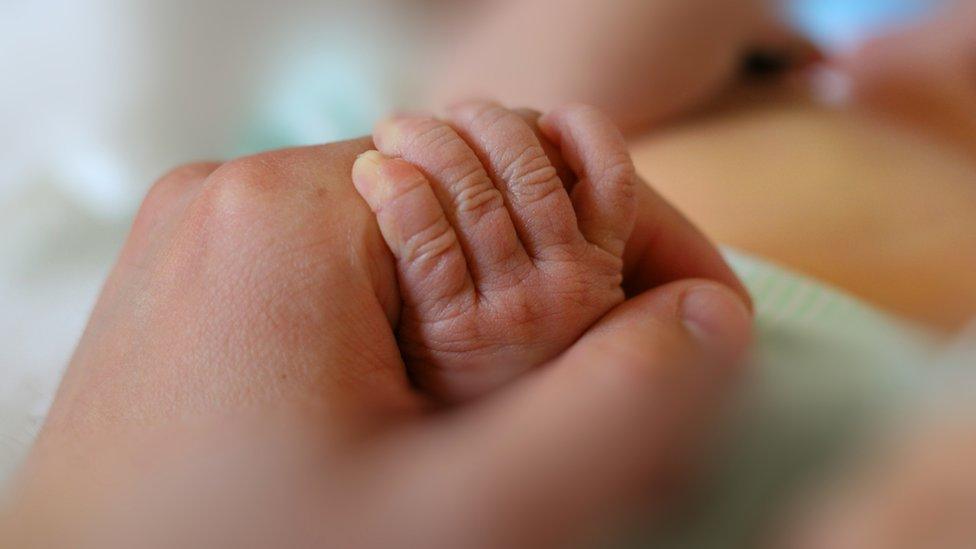
- Published13 August 2017
